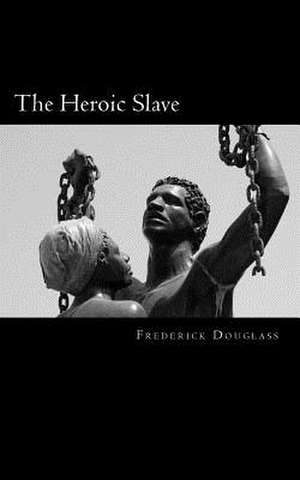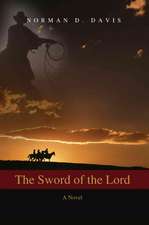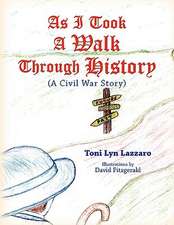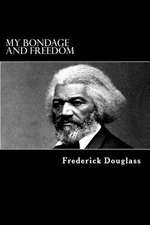The Heroic Slave
Autor Frederick Douglassen Limba Engleză Paperback
| Toate formatele și edițiile | Preț | Express |
|---|---|---|
| Paperback (8) | 18.77 lei 22-36 zile | +1.86 lei 5-11 zile |
| DOVER PUBN INC – 11 iun 2019 | 18.77 lei 22-36 zile | +1.86 lei 5-11 zile |
| Mint Editions – iun 2021 | 31.33 lei 22-36 zile | |
| CREATESPACE – | 50.46 lei 22-36 zile | |
| CREATESPACE – | 50.87 lei 22-36 zile | |
| CreateSpace Independent Publishing Platform – | 91.43 lei 22-36 zile | |
| CREATESPACE – | 40.08 lei 43-57 zile | |
| University of Nebraska-Lincoln Libraries – 3 feb 2022 | 50.09 lei 43-57 zile | |
| Bottom of the Hill Publishing – 31 dec 2010 | 76.64 lei 43-57 zile |
Preț: 40.08 lei
Nou
Puncte Express: 60
Preț estimativ în valută:
7.67€ • 8.03$ • 6.35£
7.67€ • 8.03$ • 6.35£
Carte tipărită la comandă
Livrare economică 07-21 aprilie
Preluare comenzi: 021 569.72.76
Specificații
ISBN-13: 9781494818180
ISBN-10: 1494818183
Pagini: 64
Dimensiuni: 127 x 203 x 3 mm
Greutate: 0.07 kg
Editura: CREATESPACE
ISBN-10: 1494818183
Pagini: 64
Dimensiuni: 127 x 203 x 3 mm
Greutate: 0.07 kg
Editura: CREATESPACE
Notă biografică
Frederick Douglass (1818-1895) was an African American abolitionist, writer, statesman, and social reformer. Born in Maryland, he escaped slavery at the age of twenty with the help of his future wife Anna Murray Douglass, a free black woman from Baltimore. He made his way through Delaware, Philadelphia, and New York City¿where he married Murray¿before settling in New Bedford, Massachusetts. In New England, he connected with the influential abolitionist community and joined the African Methodist Episcopal Zion Church, a historically Black denomination which counted Sojourner Truth and Harriet Tubman among its members. In 1839, Douglass became a preacher and began his career as a captivating orator on religious, social, and political matters. He met William Lloyd Garrison, publisher of anti-slavery newspaper The Liberator, in 1841, and was deeply moved by his passionate abolitionism. As Douglass¿ reputation and influence grew, he traveled across the country and eventually to Ireland and Great Britain to advocate on behalf of the American abolitionist movement, winning countless people over to the leading moral cause of the nineteenth century. He was often accosted during his speeches and was badly beaten at least once by a violent mob. His autobiography, Narrative of the Life of Frederick Douglass, an American Slave (1845) was an immediate bestseller that detailed Douglass¿ life in and escape from slavery, providing readers a firsthand description of the cruelties of the southern plantation system. Towards the end of his life, he became a fierce advocate for women¿s rights and was the first Black man to be nominated for Vice President on the Equal Rights Party ticket, alongside Presidential candidate Victoria Woodhull. Arguably one of the most influential Americans of all time, Douglass led a life dedicated to democracy and racial equality.




















